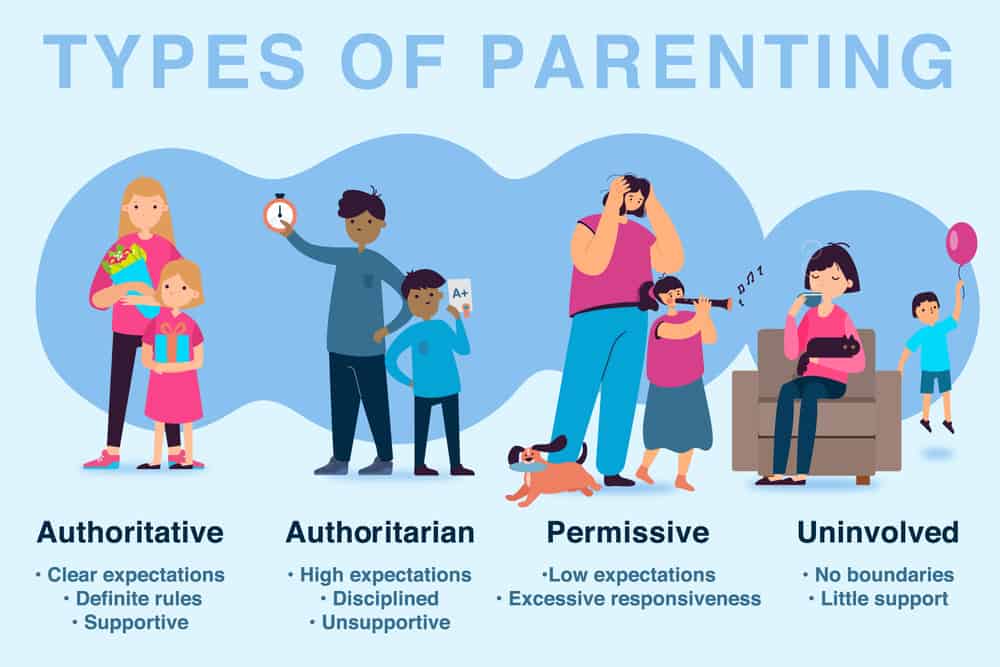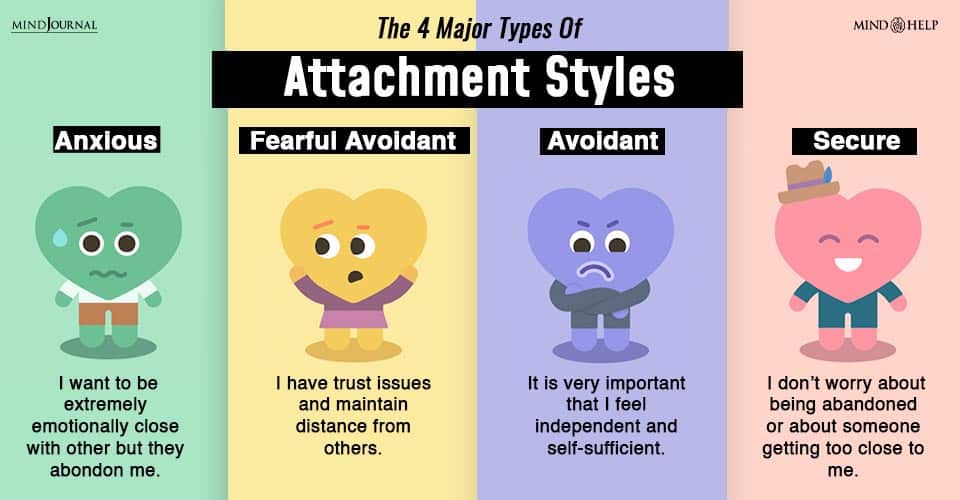Unit 6 Human Connection & The Inner Life

Human beings are hard wired for social and spiritual connections. In the research, relationships consistently display one of the strongest predictors of well being. In this course we will discuss the arc of relationships over a life span, starting with our family’s of origin. In the second topic we will cover your personal sense of spirituality, where you find meaning and connection to the other (this may be to a transcendent God or simply to the universe around you). The PAA and lab this week will focus on practices of the contemplative life, which is a focus on the disciplines of the inner life.
Overview
This unit is divided into the following topics:
- Relationships (Family) and Well-being
- Spiritual Identity (contemplative life)
Learning Outcomes
When you have completed this unit, you should be able to:
- Students will assess their families of origin for relational patterns
- Students will explore the role of spirituality in our personal identities
- Students will explore practices of the contemplative life and spiritual expressions
Activity Checklist
Learning Activities
- Watch video Arc of Relationships (8 mins)
- Watch video Parenting Styles/ attachment theory (15 mins)
- Watch video “Spirituality and Identity” -19 mins
- Missing content Learning lab: Family influences and Contemplative practices
Assessment
- Review and Integration 6: Family/Parenting styles/ Attachments quiz
- Personal Application Assignment: Contemplative practice
6.1 Arc of Relationships - Family
Activity: Arc of Relationships Videos
This video is an introduction to the association between relationships and well-being. We start with the African concept of “Ubuntu- The Essence of Being Human”. Watch Desomond Tutu explain this term (3min)
Watch: Ubuntu: The Essence of Being Human
Families are the soil that we are planted in and the feed and nurtures our early wellbeing. Research shows families also significantly influence our world views and patterns of doing life, including how we relate to others. This video will help you explore your families of origin and how they influenced your patterns of relationship. (10 mins)
Questions to Consider
These questions will be in the R&I on family.
- What was the primary physical environment in which you were raised? Was it urban or rural?
- Was your home relationally cool or warm, Controlling or permissive, Intellectually stimulating?
- How many siblings? Was it an ethnic home (strongly tied to a particular culture)? Was it a religious home?
Watch: Arc of Relationships and Family systems

Figure 6:1 from Mom Loves Best
Activity: Parenting Styles/ attachment theory Video
This video is a deeper dive into our families of origins rhythms and patterns of relationships
Questions to Consider
These questions are in the R&I for this unit.
- What are the parenting styles listed in the video and which one best described the home you were raised in?
- What are the attachment styles listed in the video and which one best describes the relationship you had with your primary care giver?
- What parenting style would you prefer to use if you ever decide to have children of your own.

Figure 6.2 from Mindhelp
6.2 Spiritual Identity
Activity: Spirituality and Identity Video
In these videos we consider the Christianity’s view of our personal identity and what it means to be human. In the article we look at the Theology of what Christ did on the Cross.
Watch two video clips on our Christian spiritual identity.
Watch: Your Identity in Christ
Watch: Why I Hate Religion, But Love Jesus || Spoken Word
Download and Read chapter 5 of The Devine Embrace
Download:
Unit Summary
In this unit you have had the opportunity to learn:
- The influences of the families of origin on your patterns of relationships
- How spirituality can play a role in developing your self identity.
Assessments
- Review and Integration 6: Parenting Styles/Attachment styles quiz
- Personal Application Assignment 6: Contemplative options
Review and Integration 6: Family/Parenting styles/ Attachments quiz
Complete the quiz found at the bottom of this page.
Personal Application Assignment 6: Contemplative practice
Contemplative Practices provide the self-awareness to develop inner life experiences which can effect patterns of behaviors and habits of consciousness. You get to choose one practice (see below). Consider trying out a practice that you have not done before or practicing one you have found helpful. For example, if you found forest bathing to be helpful, discover the benefits of doing it more regularly. If you choose forest bathing, please read the guide posted here carefully as it requires more input than the Review and Integration assignment you did previously
Watch: PAA Contemplative Options
Choose one of the following:
- Forest bathing
- Silence and solitude
- Spiritual practices
- Aesthetic appreciation
Downloads:
- Doc: Forest Bathing
- Doc: Silence and Solitude
- Doc: Spiritual Practices
- Doc: Aesthetic Appreciation
Check your Learning
Before you move on to the next unit, you may want to check to make sure that you are able to:
Relationships represent one of the most important elements of our wellbeing because we are social animals which means we seek connection and belonging. The human species has patterns of these connections and group formation, eg. we build moral systems with hierarchies of power or status and we are capable of forming multiple non kin (family) groups. But we also have individual patterns of connecting to others. Most of these patterns are learned inside our families and later friends. In this unit we focused on your family of origin. To understand ourselves we need to look at our family patterns of being in the world, which includes the relational patterns demonstrated to us. Because relationships are one of the primary areas impacting our wellbeing, knowing our relational patterns are critical for building our personal architecture of thriving.
Before you move on, don’t forget to:
- Submit R&I 6: Parenting Styles and Attachment Theory quiz
- Submit PAA# 6: Contemplative Practices